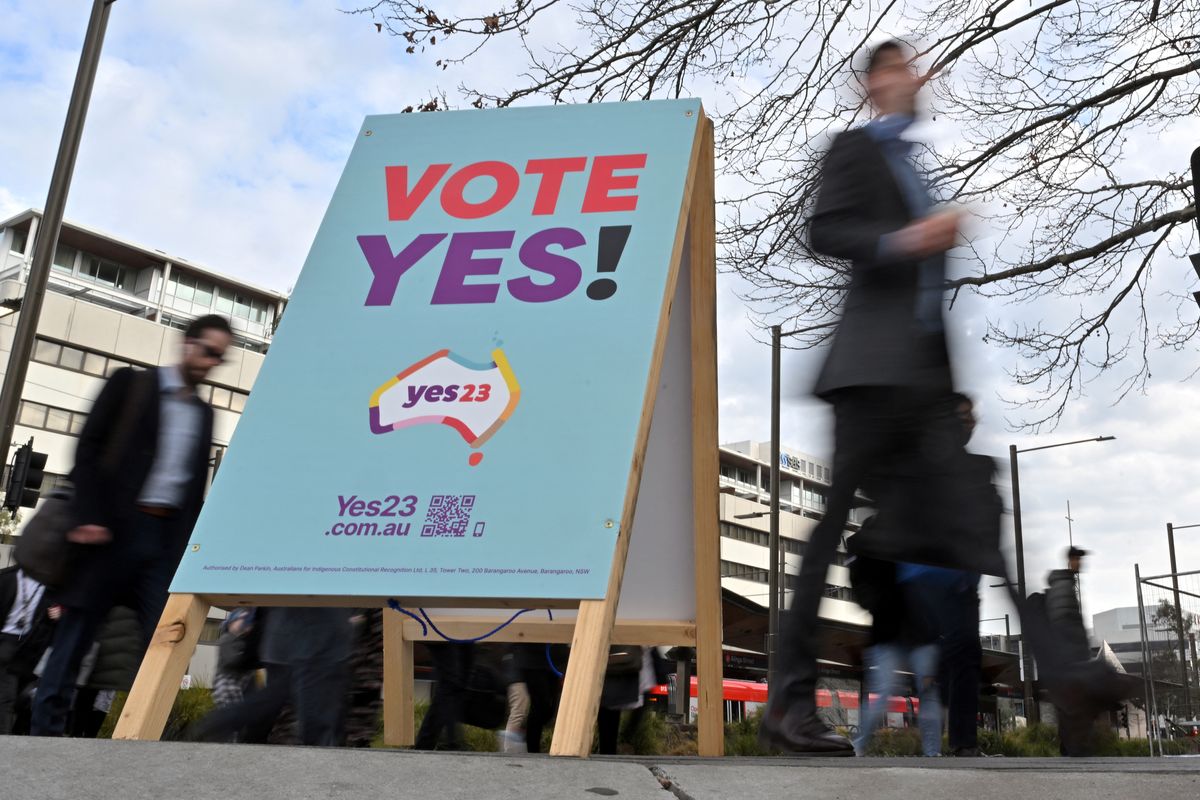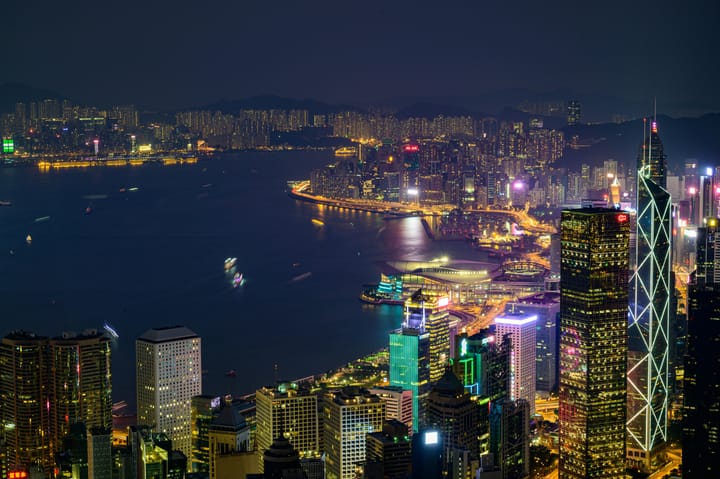Australia's Indigenous Voice referendum moves forward
If the referendum passes, then the historically oppressed Aboriginal and Torres Strait Island peoples would be granted a special advisory body in Parliament.

A few minutes every morning is all you need.
Stay up to date on the world's Headlines and Human Stories. It's fun, it's factual, it's fluff-free.
"October 14 is our time...it’s our chance," Australian Prime Minister Anthony Albanese declared in the city of Adelaide on Wednesday. "It’s a moment calling out to the best of our Australian character. For Aboriginal and Torres Strait Islander people this has been a marathon. For all of us, it is now a sprint."
This is how Albanese announced the date for Australia’s national referendum vote on adding the Indigenous Voice to the federal Constitution. It’ll be on October 14. That’s just over six weeks away.
If the referendum passes, then the historically oppressed Aboriginal and Torres Strait Island peoples would be granted a special advisory body in Parliament. This “Voice to Parliament” would weigh in on policies that impact them. The idea is to work on correcting the historical mistreatment of Indigenous Australians, recognize their claim to the land and give them a more effective platform on relevant issues. Ideally, it would be a step toward a more unified country.
Opposition leader Peter Dutton is against the Voice. “Creating another national body out of Canberra as the prime minister is proposing divides our country, it doesn’t unite, and it will not deliver the outcomes on the ground,” Dutton told reporters in April. “What I fear with the Voice is that it changes our system of government forever and we end up with no practical net benefit to people in Indigenous communities, and that would be the worst of both worlds.”
Unlike other former British colonies, European settlers never established a treaty with the Indigenous people who were there before they’d arrived in 1788. Since colonization, Aboriginal and Torres Strait Islander Australians have been put through extreme hardships, from the loss of their traditional culture and homelands to the forced removal of their children. They’ve even been denied citizenship rights. The country’s colonial past continues to influence the lives of the approximately one million Indigenous people living there today. This community’s average life expectancy is eight years lower than the national average, and it has the highest rate of incarceration in the world.
The Voice was developed by over 250 Indigenous leaders in 2017. They were looking for a way to fight “the torment of [their] powerlessness.” Albanese laid out the Voice’s full proposal plan last year.




Comments ()